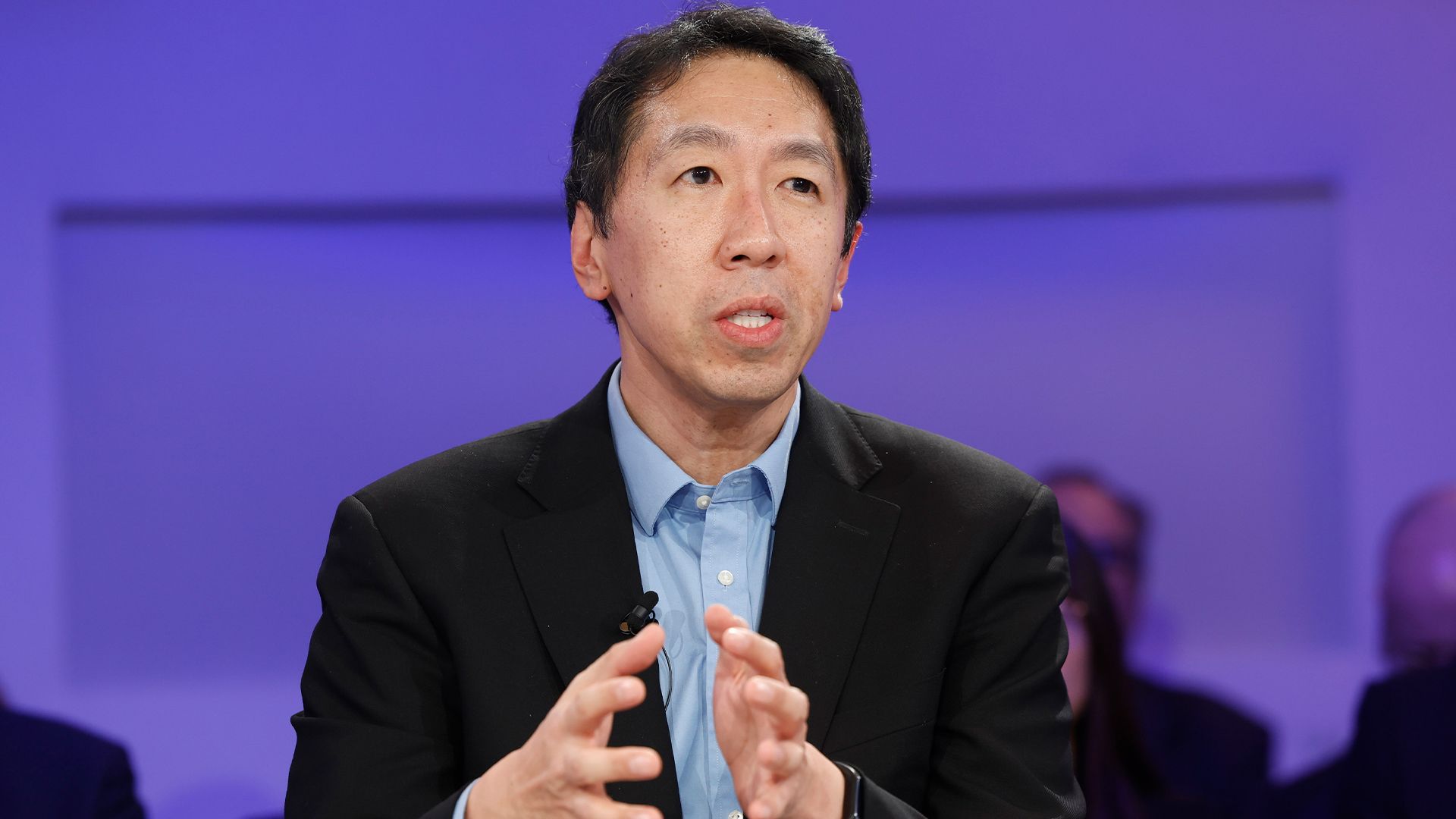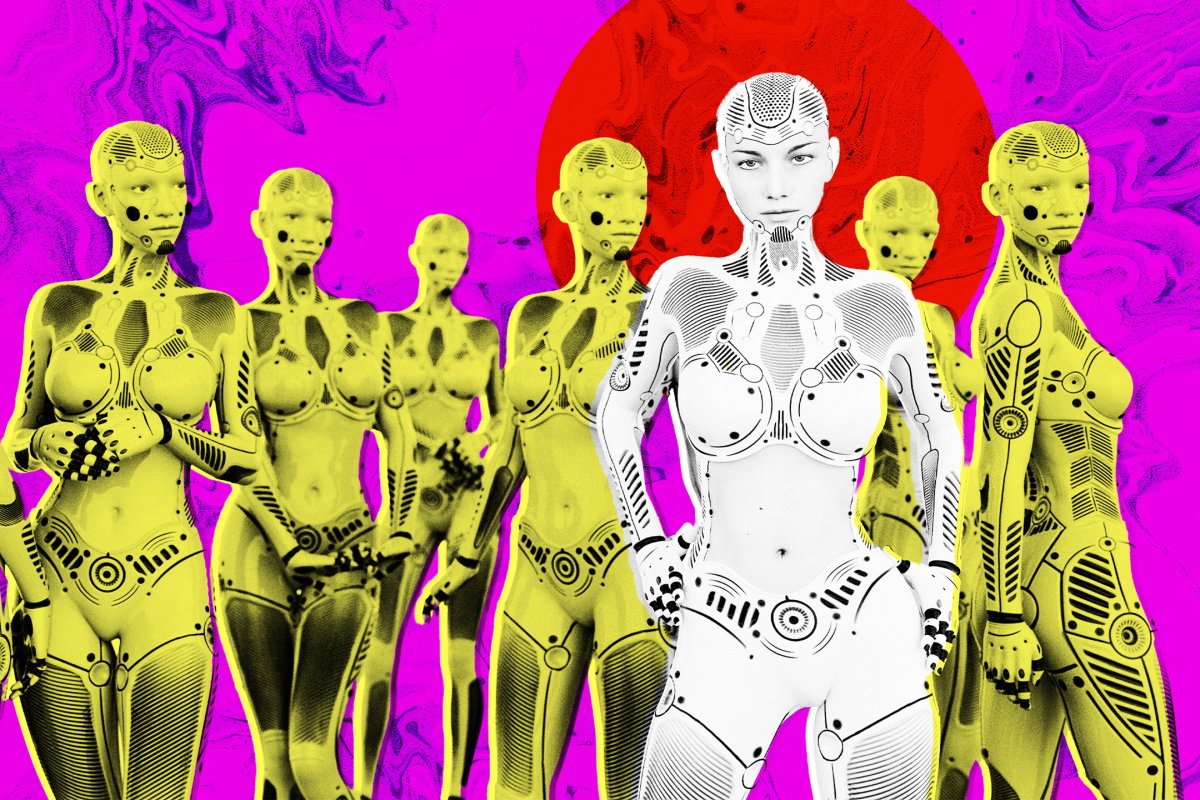fromBusiness Insider
5 hours agoEx-Tesla AI head has seen a 'phase shift in software engineering' using Claude Code - and his manual skills slowly 'atrophy'
Andrej Karpathy is one of AI's guiding figures. He was a founding member of OpenAI and later served as Tesla's director of AI. He also coined the term "vibe coding," the AI-assisted coding movement that has taken software engineering by storm and was named Collins Dictionary's word of the year. In his "random notes from Claude Coding" - which are over 1,000 words long - Karpathy wrote about the changes to his own coding style.
Artificial intelligence

































